
Die Post ist da! Duda.news
Otto, Prince of Bismarck, Count of Bismarck-Schönhausen, Duke of Lauenburg German Otto, Fürst von Bismarck, Graf von Bismarck-Schönhausen, Herzog zu Lauenburg, pronounced [ˈɔtoː fɔn ˈbɪsmaʁk] ⓘ; 1 April 1815 - 30 July 1898; born Otto Eduard Leopold von Bismarck) was a Prussian and later German statesman and diplomat.
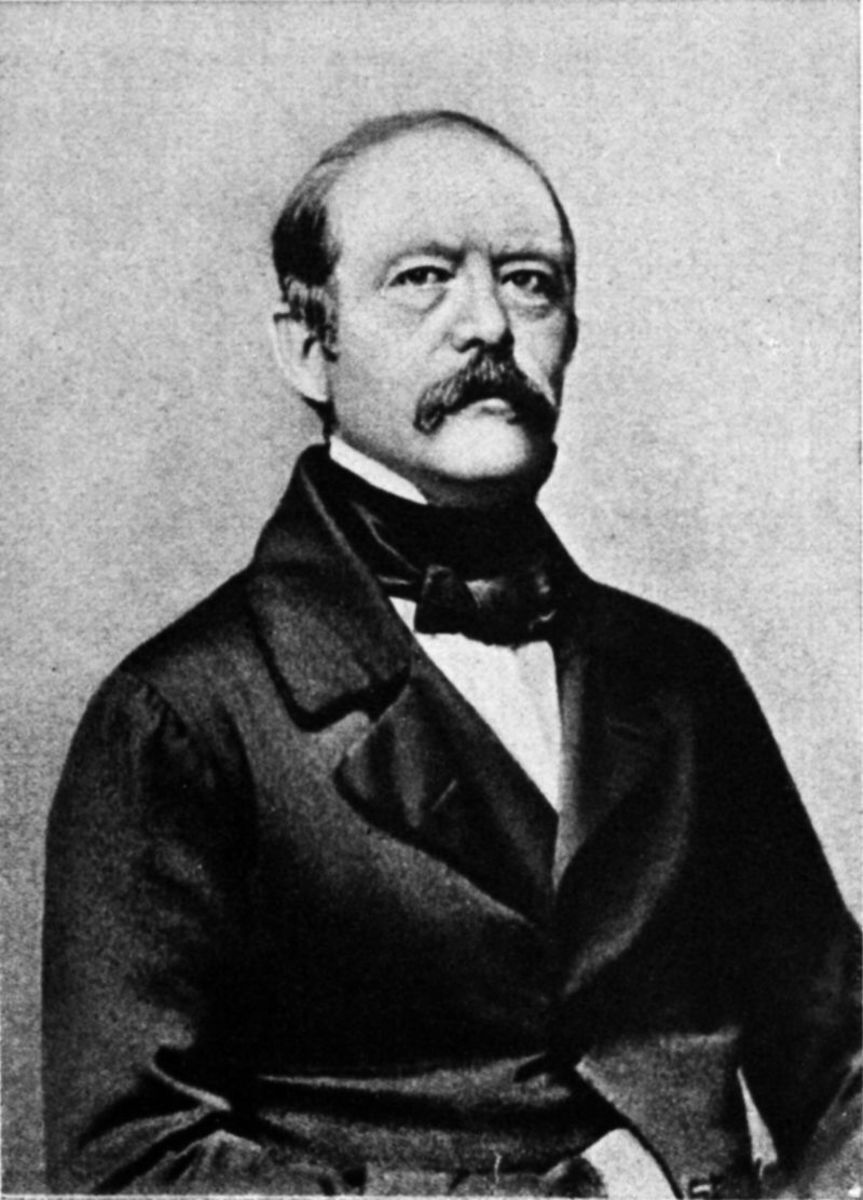
Otto von Bismarck The Unification of Germany Owlcation
Bismarck, Otto von. Bismarck, Otto von remains one of the most significant political figures of modern Germany. This stature derives from his contribution to the creation and shaping of the modern German state as Prussian minister president and imperial chancellor from 1862 to 1890. His activities and attitudes as parliamentary deputy during.
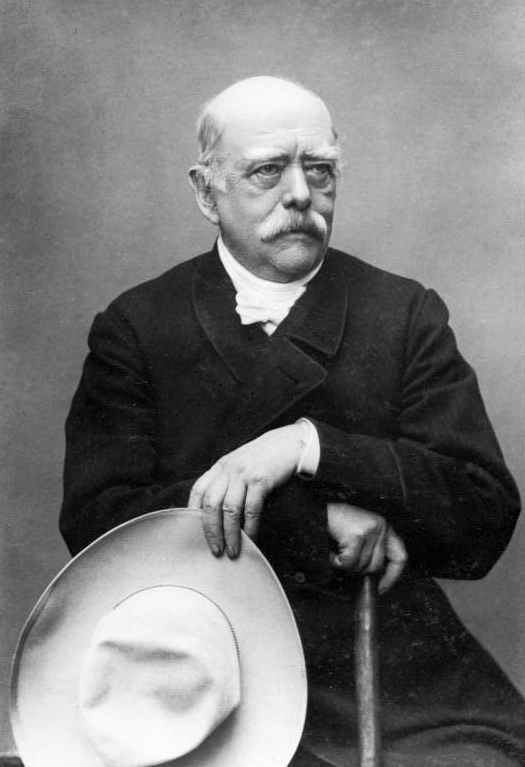
Encyclopedia of Trivia Otto Von Bismarck
Otto von Bismarck was born on April 1, 1815. He belonged to a noble family of Prussian Saxony heritage. His early efforts in his career would actually be focused on Prussian politics and not German politics due to this heritage. Bismarck grew up in comfort in Farther Pomerania, which was, at this time, a province of Prussia.
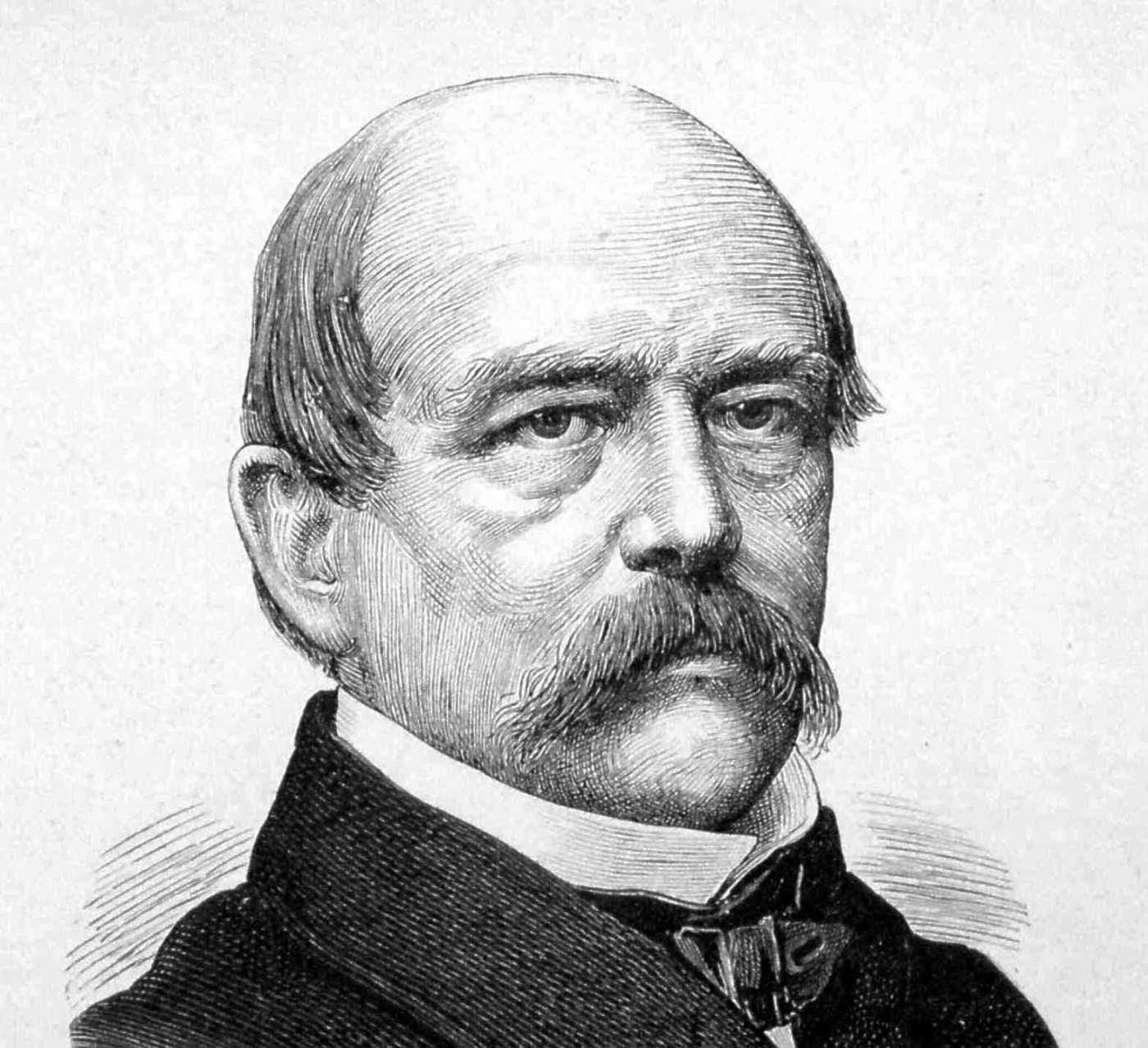
Una citazione da Otto Von Bismarck 100 passi journal
Otto von Bismarck, often referred to as the "Iron Chancellor," was the mastermind behind the unification of Germany. Through strategic diplomacy and nationalistic fervour, Bismarck paved the way for the birth of a united German nation. With its newfound unity, Germany rapidly emerged as a formidable force in Europe.

Otto von Bismarck's Unification of Germany Owlcation
Otto von Bismarck was a Prussian politician who became Germany's first-ever chancellor, a position in which he served from 1871 to 1890. Through a series of wars, he unified 39 individual states into one German nation in 1871. His policies as chancellor were aimed at holding the newly-formed state together in the face of religious, political.
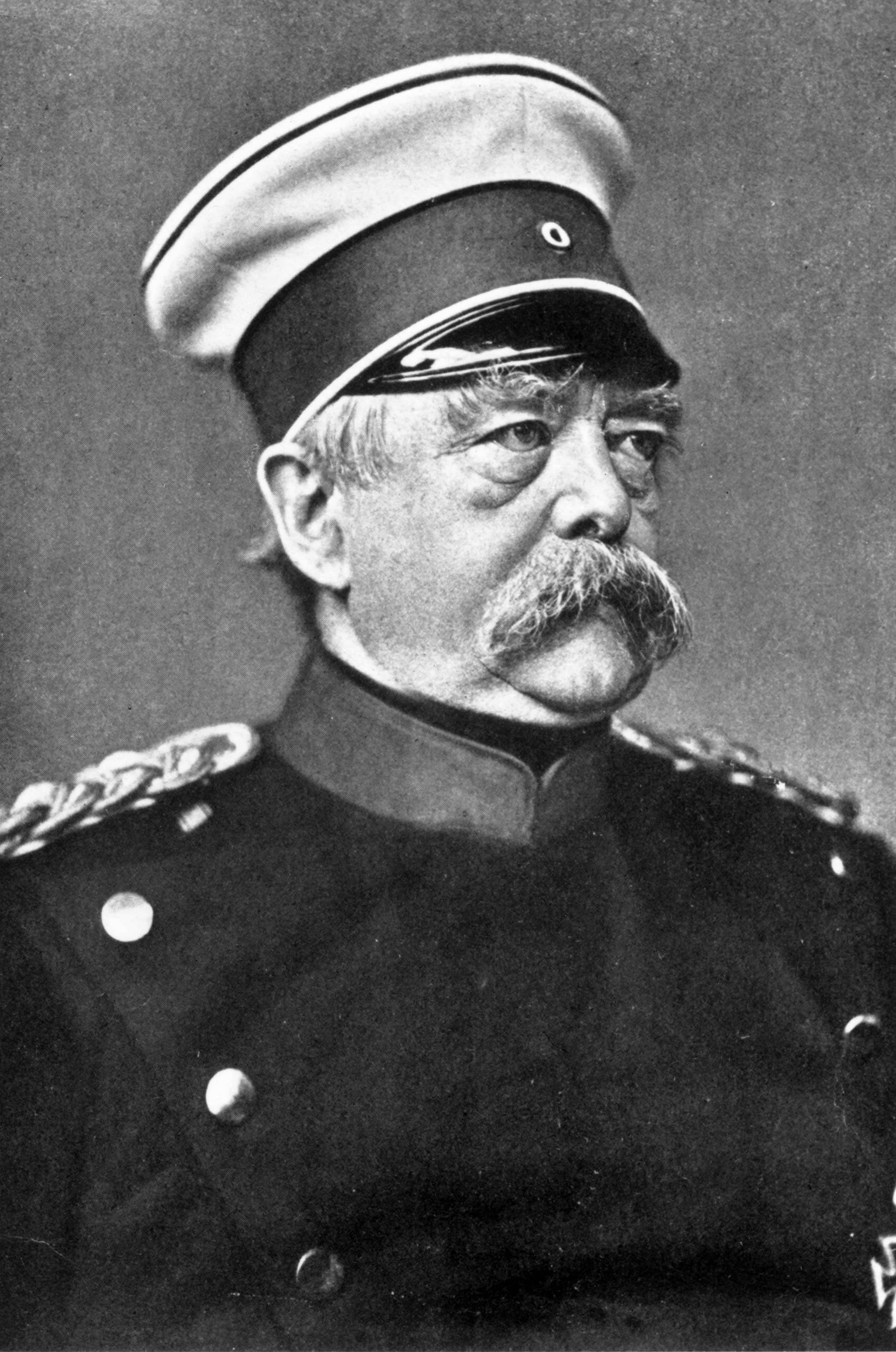
Otto von Bismarck biografia e pensiero politico del “Cancelliere di ferro” Studenti.it
Updated on May 15, 2019. Otto von Bismarck (April 1, 1818-July 30, 1898), a son of the Prussian aristocracy, unified Germany in the 1870s. And he actually dominated European affairs for decades through his brilliant and ruthless implementation of realpolitik, a system of politics based on practical, and not necessarily moral, considerations.

Otto Von Bismarck united Germany under his moustache! Epic beards of the 19th century
Otto von Bismarck - Prussian Statesman, Unifier: It is important to note that the Germany Bismarck created was not the result of strong popular currents of nationalist sentiment but of cabinet diplomacy and war. Not all German-speaking areas of Europe were included but only as many as Prussia could unite while retaining hegemony. The new constitution was a revision of the Prussian constitution.

Aclarando Otto von Bismarck fue el primero en promover el moderno estado del bienestar.
Otto von Bismarck served as prime minister of Prussia (1862-73, 1873-90) and was the founder and first chancellor (1871-90) of the German Empire. As chancellor, he pursued pacific policies in foreign affairs, succeeding in preserving the peace in Europe for about two decades, but showed authoritarian tendencies in domestic affairs.
Otto von Bismarck, 'Iron Chancellor' of the German Empire, at age of 79, 1894, colorized by me
Bismarck-Monument, Hamburg. Prince Otto Eduard Leopold von Bismarck-Schönhausen Duke of Lauenburg, (1 April 1815 - 30 July 1898), was an aristocrat and statesman of the 19th century in Europe. As Prime Minister of Prussia from 1862 to 1890, he was most responsible for the uniting most of the many independent German countries into the new.

FileGeneral Otto von Bismarck.jpg
Otto Eduard Leopold von Bismarck was born April 1, 1815, at his family's estate in the Prussian heartland west of Berlin. His father was a fifth-generation Junker (a Prussian landowning noble.
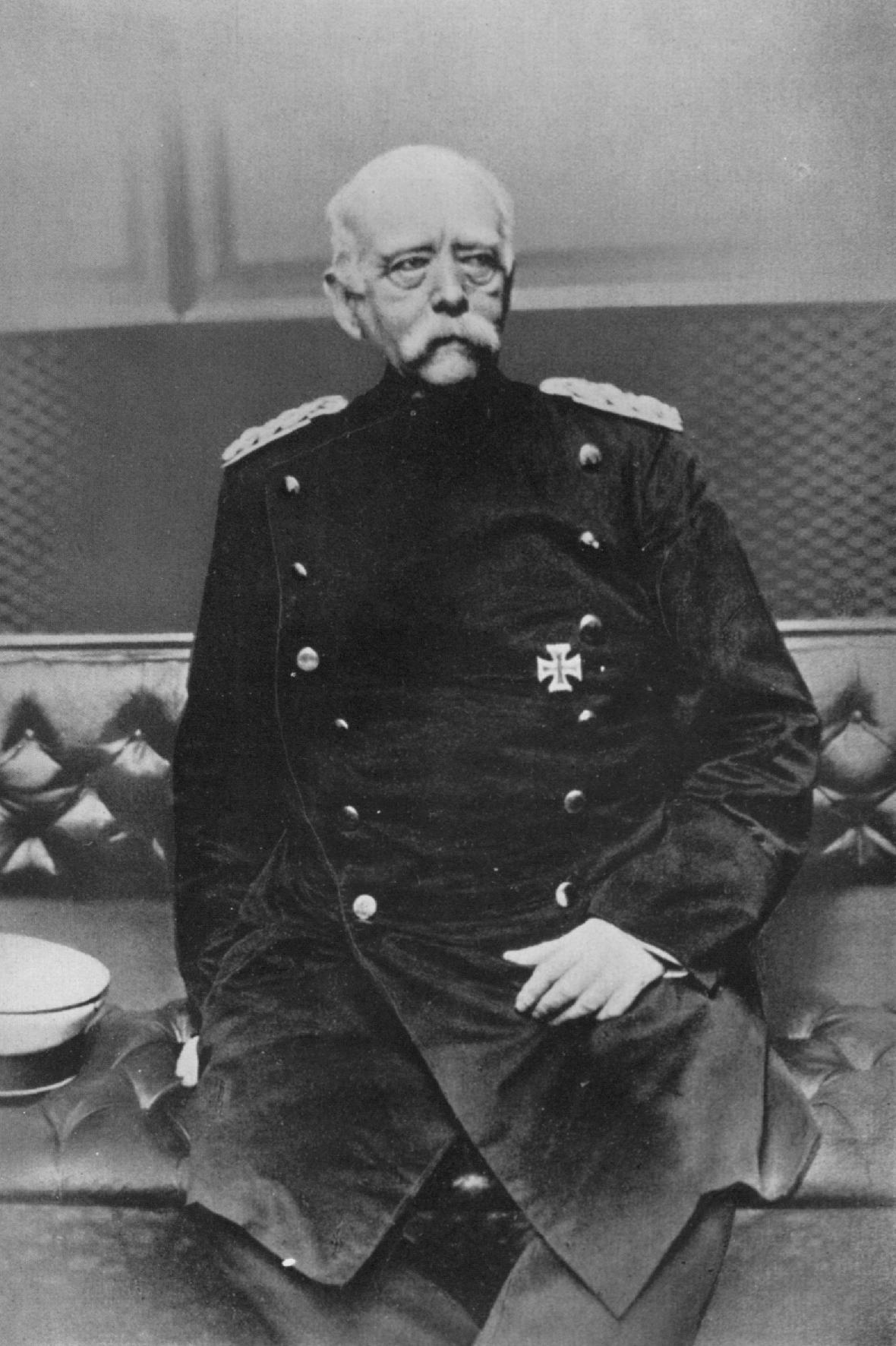
Otto von Bismarck Harry Turtledove Wiki Historical fiction, Days of Infamy, Homeward Bound
Otto von Bismarck. Prince Otto Eduard Leopold von Bismarck-Schönhausen, duke of Lauenburg (April 1, 1815 - July 30, 1898) was one of the most prominent European aristocrats and statesmen of the nineteenth century. As minister-president of Prussia from 1862 to 1890, he engineered the unification of the numerous states of Germany.
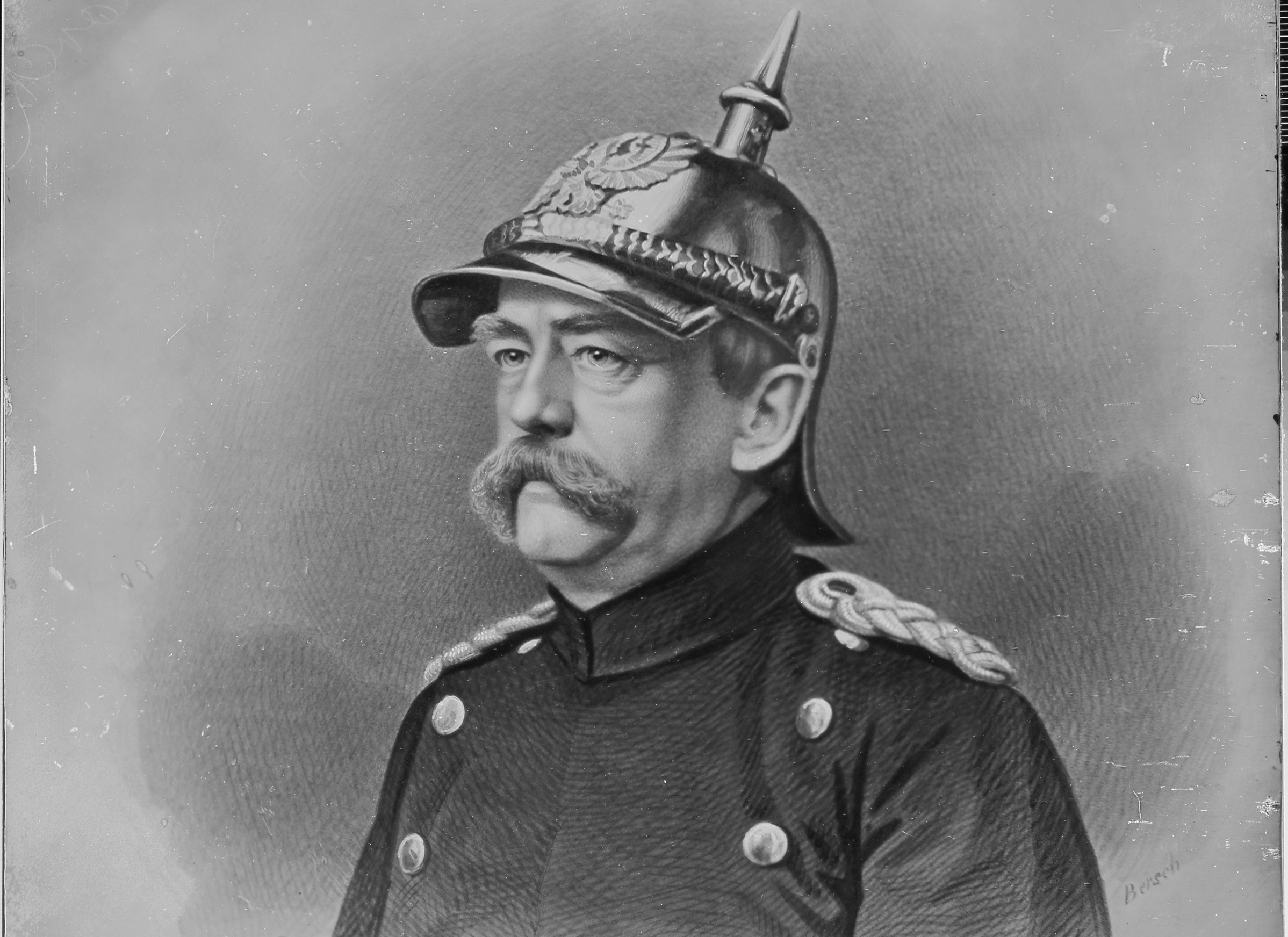
18152015 Bismarck y la unidad alemana
Otto Eduard Leopold von Bismarck was born into an aristocratic family at Schönhausen, northwest of Berlin, on 1 April 1815. He attended a prestigious school in Berlin followed by the University.
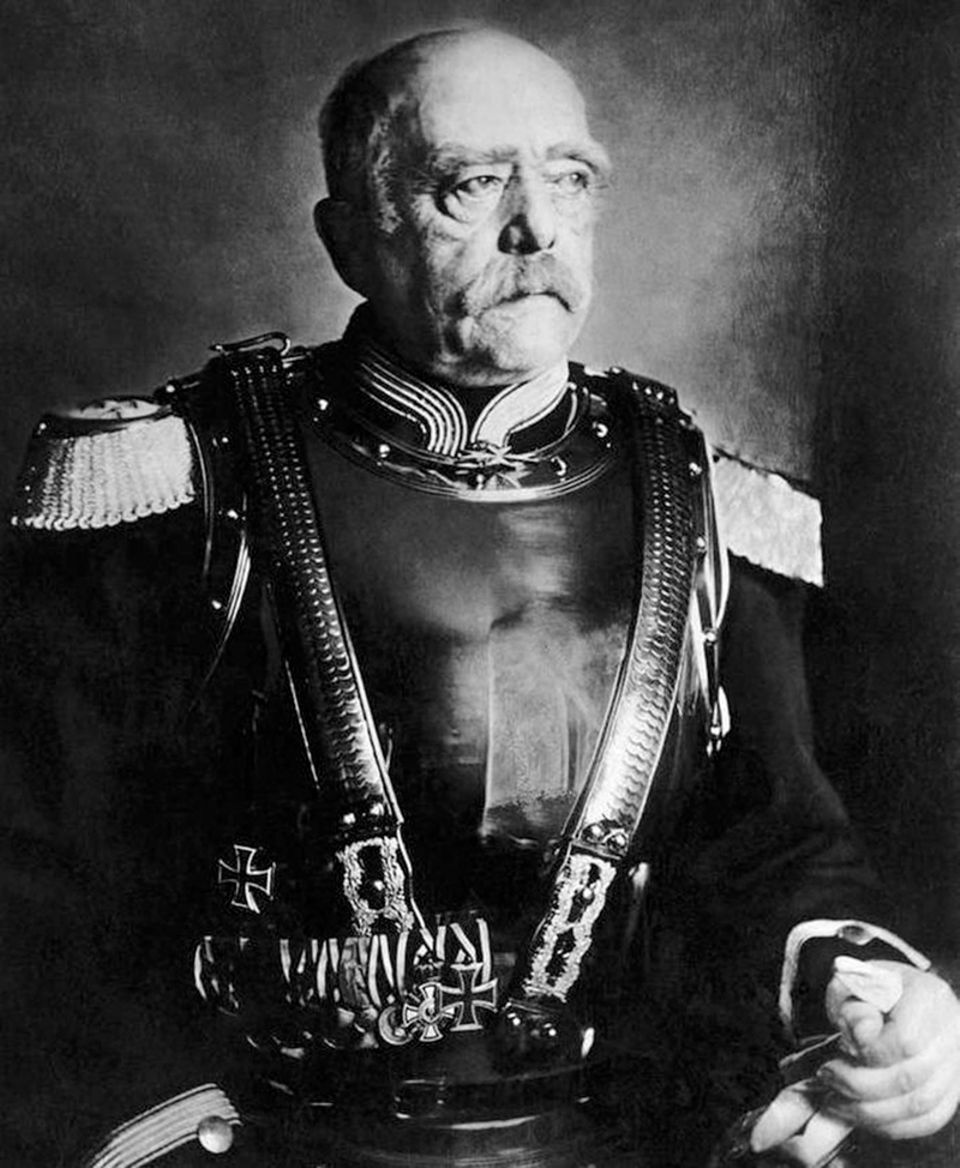
Otto von Bismarck Der Reichskanzler vom Sachsenwald [GEO]
Otto von Bismarck, prime minister of Prussia (1862-73, 1873-90) and founder and first chancellor (1871-90) of the German Empire whose time in office took Prussia from the weakest of the five European powers to, as the unified German Empire, the foremost military and industrial power on the Continent.
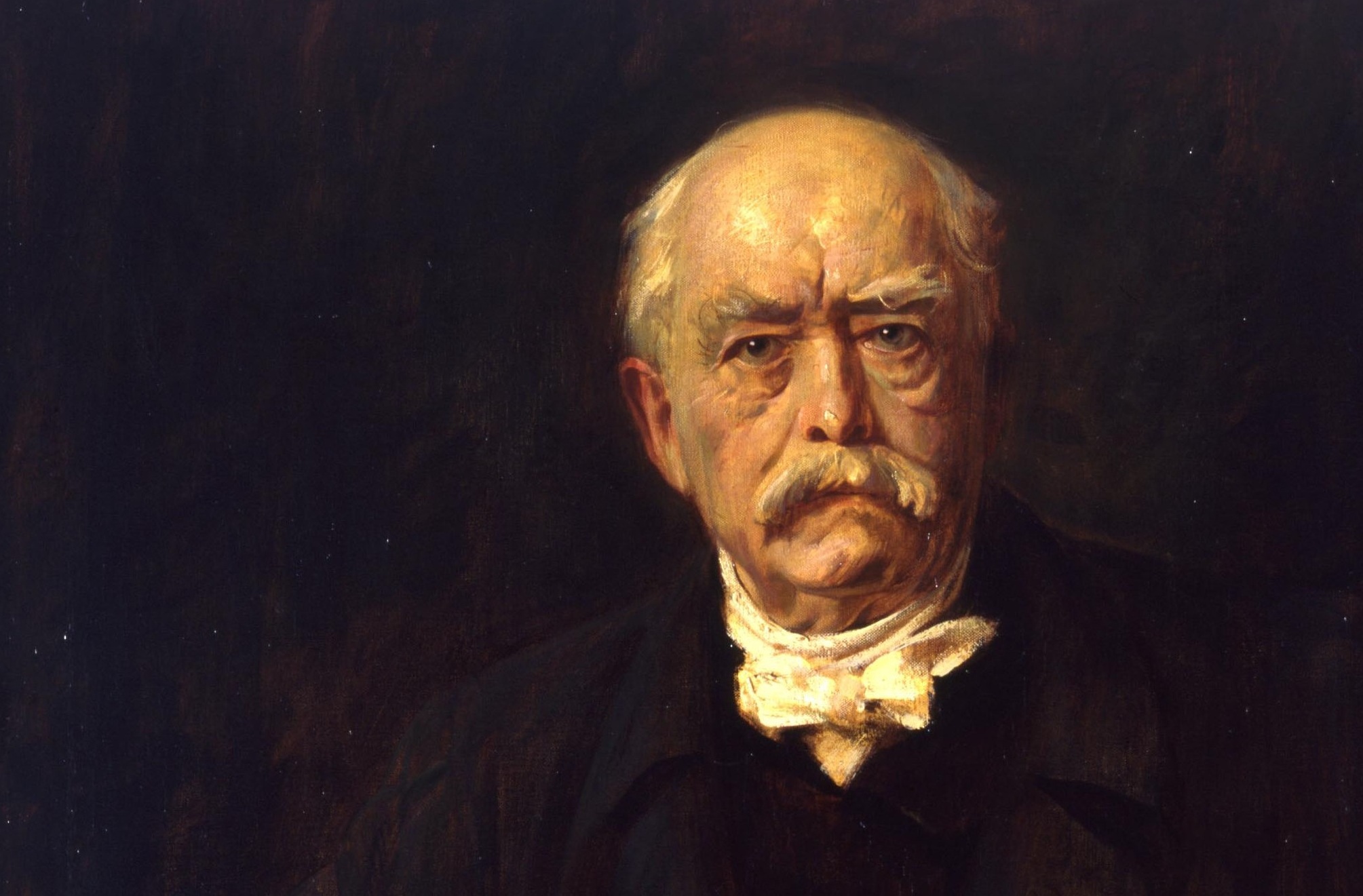
LeMO Biografie Biografie Otto von Bismarck
Otto von Bismarck. Otto, prince von Bismarck, (born April 1, 1815, Schönhausen, Altmark, Prussia—died July 30, 1898, Friedrichsruh, near Hamburg), Prussian statesman who founded the German Empire in 1871 and served as its chancellor for 19 years. Born into the Prussian landowning elite, Bismarck studied law and was elected to the Prussian.
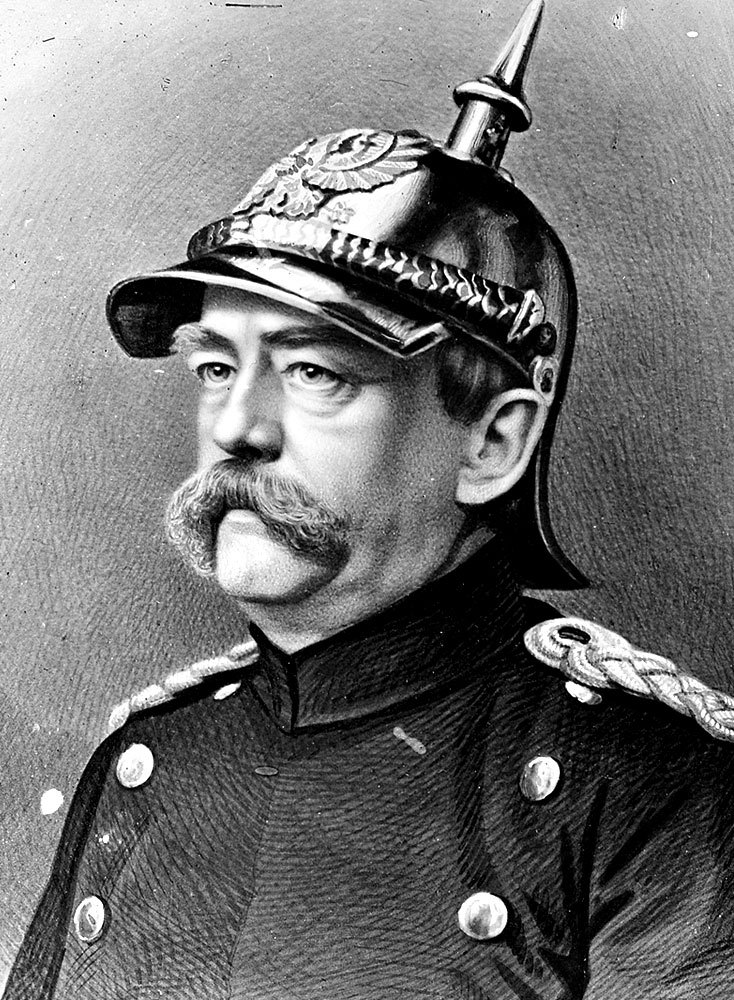
Why did Otto Von Bismarck often wear a military uniform despite not having held any significant
Bismarck was a man of appetites, for food, drink and tobacco as well as political power. Even his chamber pots were enormous, a fact solemnly recorded by the nationalist historian Heinrich von.

Otto von Bismarck, primeiro chefe de governo do Império
Bismarck and German Nationalism. By Bennett Sherry. In the 1800's, nationalism enflamed passions all across Europe. The German-speaking kingdom of Prussia and its minister, Otto von Bismarck, used these passions to build a German nation-state.